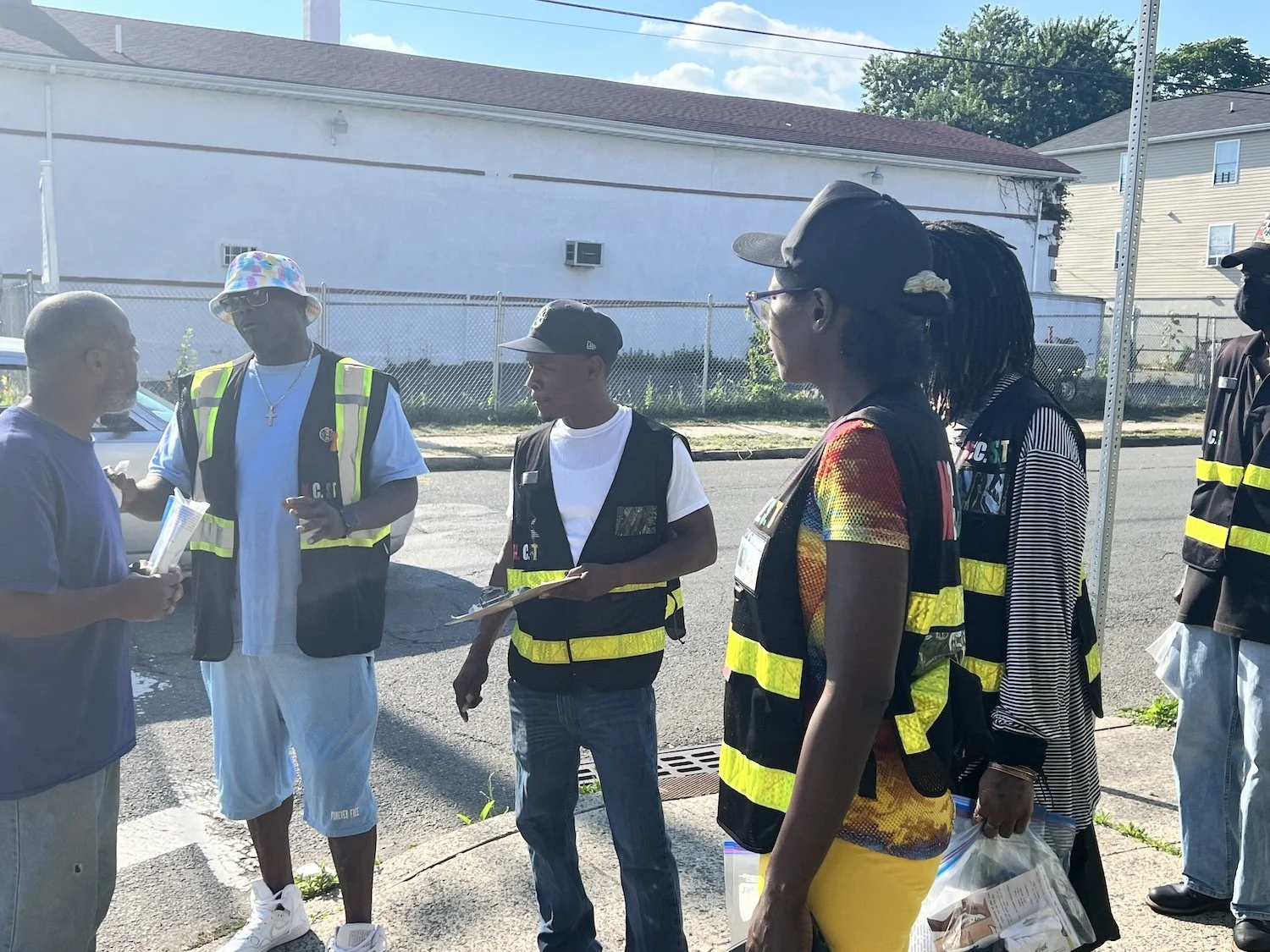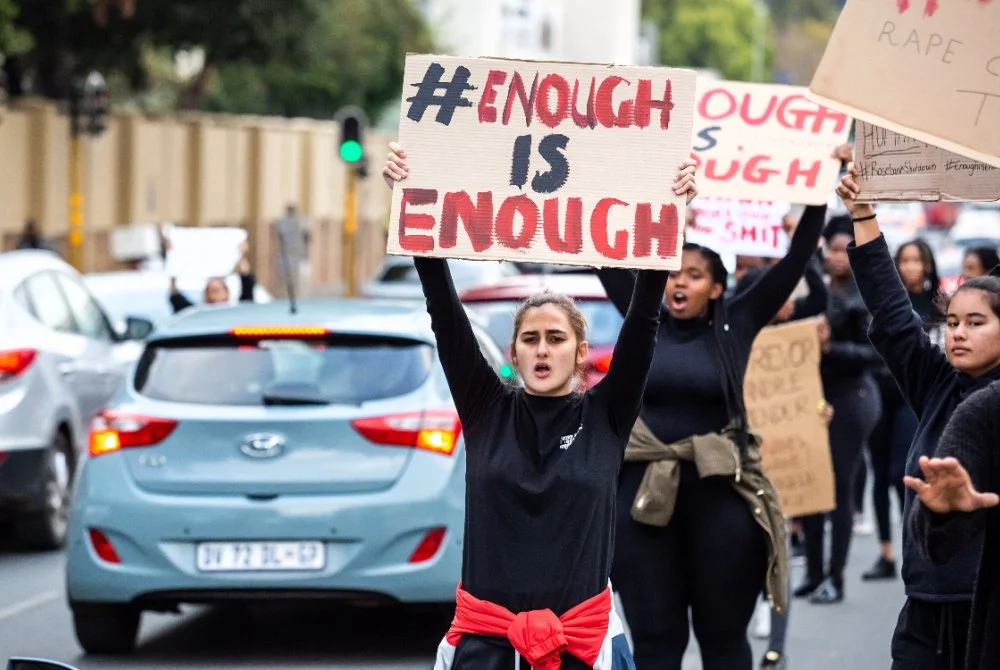Public Safety, Private Donor: What Should We Make of This Big Grant to Fight Crime?
/photo: pixinoo/shutterstock
Crime is spiraling upward in Baltimore, and Bloomberg Philanthropies is assisting the city with a $5 million grant to pay for crime-fighting technology aimed at stemming that tide.
The grant money will fund 60 new surveillance cameras, new mobile license plate readers, and gunshot detection software to cover high-crime city neighborhoods.
“Equipping our police officers with the tools they need to fight and solve crime is a critical component of our violence reduction strategy,” said Baltimore Mayor Catherine Pugh. “This grant will help provide state-of-the-art equipment to our police force to ensure the safety of our city’s citizens and visitors.”
OK, now, let’s pause right there.
When you think of government’s core responsibilities, public safety is right up near the top of the list. Meanwhile, through a century of modern philanthropy, there’s been wide agreement within the field that private money should mainly support those things the public sector can’t, won’t or shouldn’t do—or be used in ways that catalyze new government action and leverage its resources. Philanthropy has often been described as society’s “risk capital” or its “passing gear.”
How does buying new equipment for cops—a pedestrian function of any municipal government—square with that vision?
It doesn’t. This Bloomberg gift is one more example of philanthropy sliding down the slippery slope of paying for basic public services at a time when the fiscal screws are tightening on government at all levels.
Just to be clear, we’re not knocking Bloomberg Philanthropies, a foundation that generally stands out for engaging in high-leverage and catalytic philanthropy. Rather, we’re flagging this grant as part of a larger pattern whereby private funders are stepping forward as government steps back.
Maybe the most dramatic example of this in recent years was when top Michigan foundations felt compelled to help residents of Flint secure safe drinking water after the city’s water supplies were contaminated. Like public safety, waterworks infrastructure has topped the list of public sector responsibilities since the days of ancient Rome. Yet, here were private funders footing the bill for clean water in a broke city that’s located in a fiscally strapped state. We’ve also reported on donors stepping forward to bail out other cities, like Kalamazoo and Hartford. And we’ve written innumerable articles about how critical philanthropic dollars have become in providing public education and public parks in many cities—again, two areas that we also think of as government-funded.
Related
- Clean Up Crew? How the Fall of Government May Shape Philanthropy's Future
- What Should Philanthropy's Role Be When Public Systems Fail? Flint As Case Study
- Philanthropy to the Rescue in Another Struggling City, This Time in Connecticut
- Stop Relying on Philanthropy to Fix Bad Government: A Timely Viewpoint From Texas
This trend raises troubling questions for democracy. After all, with private largesse comes influence, and concerns have grown in recent years about initiatives through which private donors have bankrolled functions that are normally covered by public money. In fact, there was a big dust-up in Baltimore itself over a police aerial surveillance program bankrolled by the Laura and John Arnold Foundation. The city came under fire for failing to inform the public about the program.
Now, just a year later, here we have another out-of-town billionaire giving money for police surveillance technology in Baltimore. You can see why this might rattle some residents who still cling to an apparently dated vision of how government works, in which voters and taxpayers decide what public agencies spend money on.
On the other hand, as with the Arnold-backed initiative, there’s nothing nefarious about Bloomberg’s gift for this crime-fighting technology. Many cities already have the same equipment—because they can afford to buy it. But Baltimore is a city with big fiscal problems and spare cash to respond to surging crime is hard to come by.
The number of homicides in the city has exceeded 300 for the third straight year, a staggering number given the population (New York had 335 murders last year) and the city is on pace to have more than 1,000 shootings this year.
So what did Mayor Pugh do? She said she reached out to Michael Bloomberg for help. And it’s not surprising that Bloomberg responded, just as wealthy donors with strong regional attachments have responded to other SOS calls.
Bloomberg is a graduate of Johns Hopkins University in the city, and has given some $1.1 billion to the university. In 2001, the Johns Hopkins public health school was renamed the Johns Hopkins Bloomberg School of Public Health to honor Bloomberg’s contributions to the university. Last year, the Bloomberg Philanthropies created the Bloomberg American Health Initiative and gave Hopkins $300 million to fight five public health crises—drug addiction, obesity, gun violence, adolescent health and environmental threats.
If Baltimore is swamped by crime, that’s bad news for this premier university that Bloomberg has helped build. And better technology is seen as one way to check rising crime.
“One of the most common requests I receive from my constituents is for more vigilance and more cameras in our neighborhoods,” said Council President Jack Young. “I’m extremely pleased to see the city directing resources to tools that have demonstrated success in keeping communities safe.”
The grants will bolster the city’s Citiwatch program—an effort that has been identified as a best practice by the Urban Institute. The grant is expected to fund efforts starting in the first half of next year.
The new cameras will be placed on light poles and will expand the city’s existing system of 750 fixed cameras. The mobile license plate readers automate the burdensome task of checking license plate numbers against law enforcement databases. They will be installed on patrol cars and enable real-time alerts, city officials said. This technology identifies stolen cars and other vehicles of interest.
The gunshot detection software will cover 10 square miles and expand the city’s pilot program with the state. The software assists police in quickly responding to shootings even before police are called. The software also alerts police to gunshots that might otherwise not have been reported.
Bloomberg Philanthropies focuses on five areas—public health, environment, education, government innovation, and arts and culture.







































